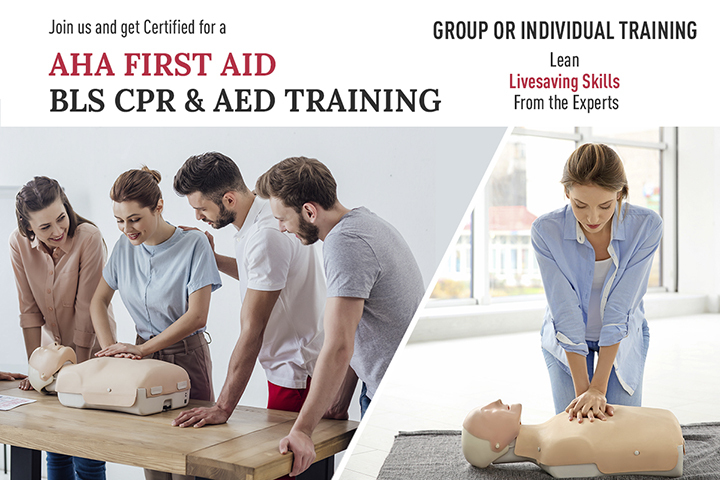Who needs BLS Certification
The difference between BLS certification and CPR Certification is subtle and it can be tricky to understand who needs a BLS certification and who does not. To put it simply, medical professionals always need to be BLS certified, whereas individuals in professions outside of the medical field may only require training in CPR.
Many employers will offer workplace BLS Training, and some do not, however, it’s important to know who needs which type of training. Continue reading to learn more!
Do physicians need to be BLS certified?
All doctors should be certified in BLS in order that they can respond to life-threatening emergencies, regardless of whether they practice medicine at a hospital or a family clinic. However, most doctors who work in hospitals will have a higher level of certification than BLS called Advanced Cardiac life support (ACLS)This ensures that they have undergone specialist training in order to provide critical and emergency care.
Like doctors, nurses who deliver lifesaving critical care in hospitals are likely to be ACLS certified. BLS is the minimum certification required for nurses but usually, they will need to be top-level ACLS certified too. Nurses are often the first to respond to emergencies in hospitals, which is why they must have advanced certification in life support.
Do EMTs and paramedics need BLS certification?
Since paramedics and EMTs tend to be the first on the scene when it comes to medical emergencies outside of hospitals, it is vital that they have BLS training. Usually, the BLS certificate is part of the initial training for emergency caregivers, but it is not unusual for paramedics to undergo advanced life support training to help them provide more complex emergency care.
Do non-medical emergency service professionals need BLS certification?
It is not uncommon for firefighters to be the first on the scene during emergencies where people need medical care, so they need to be able to deliver life support when necessary. Both voluntary and professional firefighters need BLS. In some cases, firefighters will also need to be certified paramedics, in which case BLS or even more advanced life support certifications may be essential.
Police officers also deal with many emergency situations in which medical care may be required. They should be capable of delivering basic life support until professional medical help can arrive on the scene. The requirements differ from state to state but police officers usually require either CPR/AED BLS certification. Since BLS is more advanced than CPR, it tends to be accepted by all police departments.
Do teachers, coaches, or childcare providers need BLS certification?
There are many other professions in which it is either necessary or preferred to be trained in CPR. Such professions include teachers, childcare providers, sports coaches, personal trainers, and safety officers. BLS certification is not usually necessary in these non-medical fields, however, it might be a valuable qualification to have. It could prepare these professionals for dealing with common injuries or conditions other than cardiac arrest, boost their confidence in performing CPR and other treatments, and make their CVs more appealing to prospective employers.


